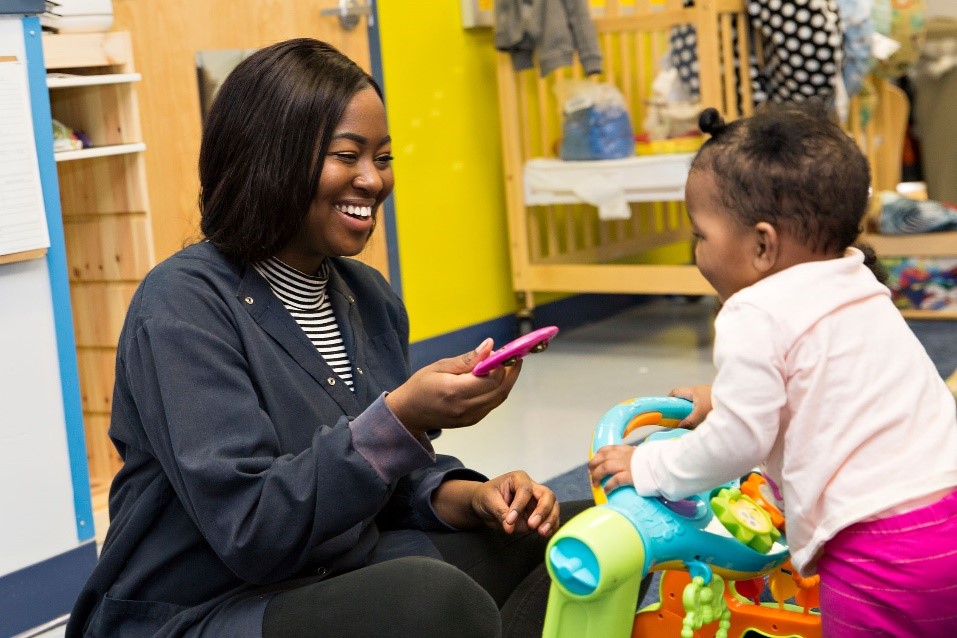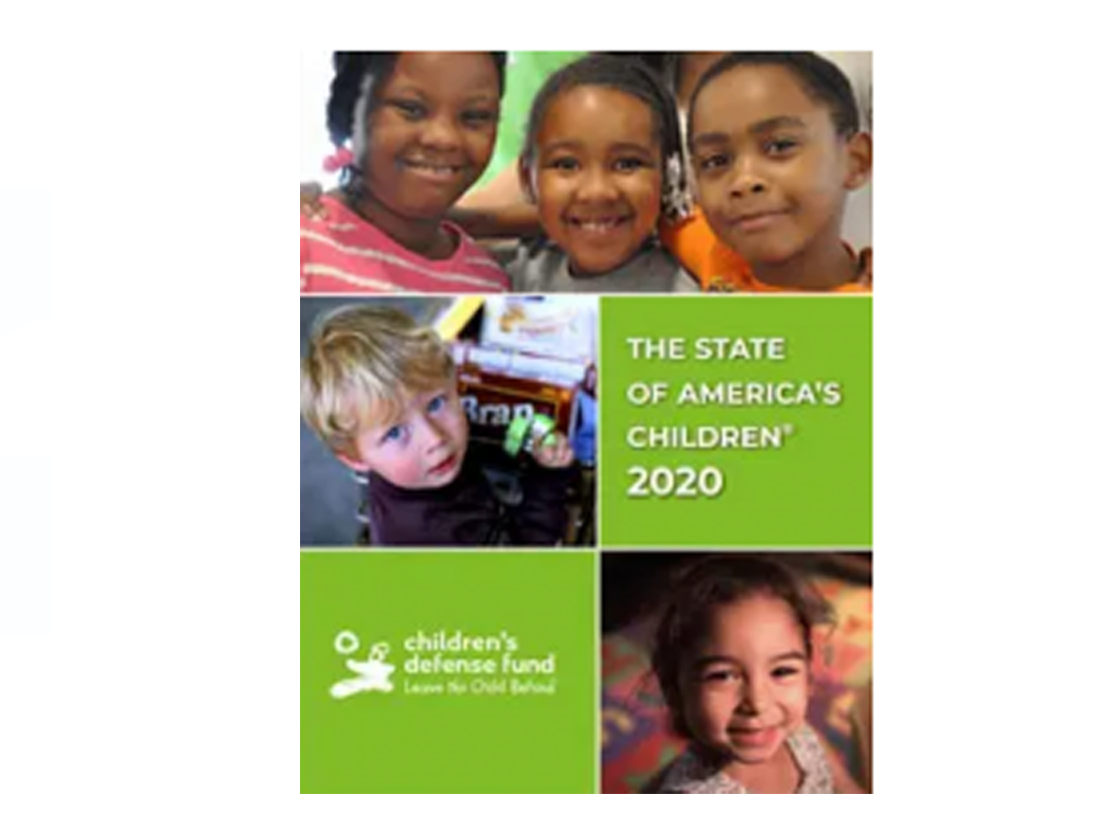A revised Core Body of Knowledge will be released in 2025. This is the third entry in a series previewing the revisions to the updated CBK. Read the introductory entry and our entry about competencies.
What updates can I expect from the revised Core Body of Knowledge?
In revising this edition, effort was made to ensure that the competencies align with our best understanding of current research and other state and national standards that have recently been revised or released. Specifically, the revised CBK was developed to complement and to be compatible with the National Association for the Education of Young Children (NAEYC) Professional Standards and Competencies for Early Childhood Educators, adopted and released in November 2019.
Readers of these revised core competencies should be aware of the following three notable updates.
Focus on competencies that advance equity.
Equity means that each child receives what they need to develop to their full academic and social potential. According to the National Equity Project, working towards educational equity involves: ensuring equally high outcomes for all participants in our educational system; removing the predictability of success or failures that currently correlate with any social or cultural factor; interrupting inequitable practices, examining biases, and creating inclusive multicultural school environments for adults and children; and discovering and cultivating the unique gifts, talents, and interests that every human possesses.
Through intentional practice, early childhood educators can shape an environment that ensures every child feels loved, is engaged, and is prepared for school and life. Educators who affirm all children’s cultures, honor and use home languages, and place an intentional emphasis on social-emotional learning and culturally responsive pedagogy help children acquire the pre-academic and academic competencies they need to succeed in school, and change policies and practices to promote equity and remove barriers.
Thus, a priority in updating these core competencies was to more comprehensively represent the complex knowledge and skill that is required of early childhood educators, and to address gaps identified in earlier versions and highlighted in the Transforming the Workforce report, published in 2015 by the Institute of Medicine (IOM) and National Research Council (NRC). To do so, the revised competencies aim to reflect recent research on the science of how children learn and develop and ways that educators can directly support equity and inclusion; address toxic stress and adversity; provide access to engaging, challenging content; and promote deep learning for all children.
More robust competencies around planning and implementing curriculum, with an emphasis on multitiered curriculum frameworks and academic content.
The revised core competencies associated with curriculum and teaching now include those for teaching in the academic content areas, and are intended to reflect research highlighting that common education practices draw on three broad areas of knowledge:
- Knowledge of learners and how they learn and develop in social contexts.
- An understanding of the subject matter and curriculum to be taught in consideration of the social purposes of education.
- An understanding of teaching in the context of the content and the learners, informed by assessment and supported by a productive learning environment (Darling-Hammond & Bransford, 2005).
Attention to dispositions.
This edition focuses greater attention on the dispositions required for effective early childhood care and teaching. Dispositions are what people tend to do with their capabilities when a situation calls for it and how. They are avital link between possessing a skill and effectively applying it. Competence requires not only proficiency with knowledge and a set of specific physical or mental skills, but also hinges on an educator’s inclination to use that skill, their sensitivity in noticing the opportunity or need to apply the skill, as well as their appraisal of the context to determine the “just right” application (Dede & Etemadi, 2021). Dispositions help educators utilize their skills effectively. They encompass values, attitudes, beliefs, capabilities —social, emotional, and cognitive — and habits of mind that enhance an early childhood educator’s competence. Along with each core competency are a set of key dispositions that are essential to the full expression of competence.



